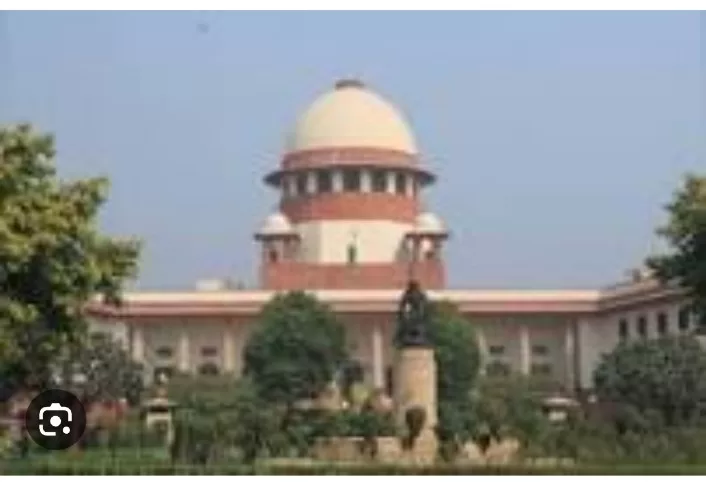In a landmark ruling, the esteemed Supreme Court of India, presided over by a distinguished three-judge panel led by Chief Justice DY Chandrachud, has unequivocally asseverated that progeny arising from marriages characterized as null and void or voidable shall inherit a rightful claim to their progenitors’ possessions. It is imperative to underscore that this judicial proclamation holds pertinence solely within the sphere of Hindu joint family properties governed by the tenets of Hindu Mitakshara Law.
The court enunciated, “We have now formulated a conclusion, 1. A child of a marriage that is null and void is statutorily conferred with legitimacy, 2. In terms of 16(2) (of the Hindu Marriage Act) where a voidable marriage is annulled, a child begotten before the degree is deemed to be legitimate.” These enlightening words elucidate the essence of the court’s decision, where it unequivocally acknowledged the legitimate status of progeny born from marriages deemed null and void.
This consequential judgment, which serves as an augmentation of a prior two-judge bench ruling in the case of Revanasiddappa vs. Mallikarjun (2011), underscores that children born out of marriages of this nature are justly entitled to their parents’ assets, whether self-acquired or ancestral. It emphatically underscores the notion that the birth of a child in such unions must be assessed independently of the union’s status.
The court’s pronouncement is emblematic of the amendment embodied in Section 16(3) of the Hindu Succession Act, which delineates the quantum of coparcener stake in a Hindu Mitakshara property as the portion they would have received had the property undergone partition immediately before their demise. It’s imperative to discern that Section 16(3) of the Hindu Marriage Act of 1955 explicitly ordains that these offspring shall be exclusively entitled to inherit their parents’ assets, sans any encroachment upon other coparcenary shares.
This adjudication thus marks a seminal moment in the realm of familial inheritance, fortifying the rights of children born from unions hitherto considered void or voidable, and extends an unequivocal invitation to claim their rightful share in their parental legacies.




